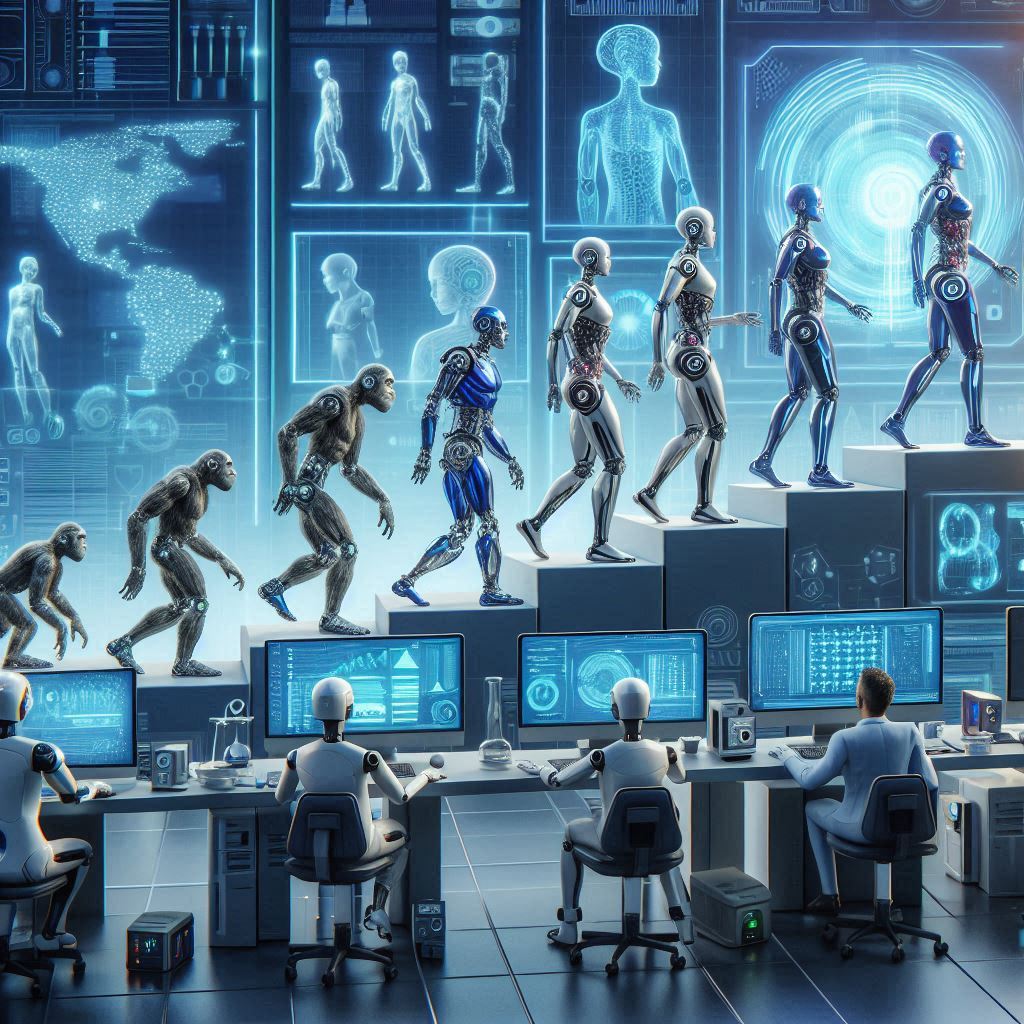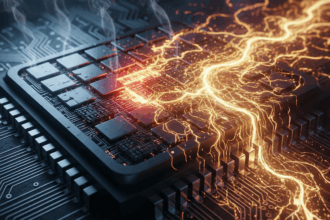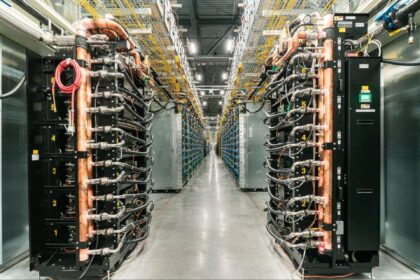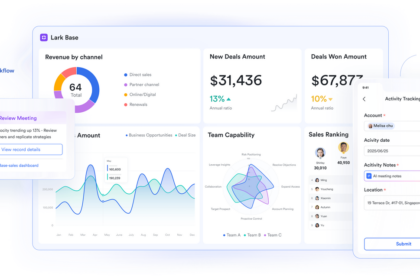Artificial Intelligence (AI) is rapidly changing the way we work and live. It is the development of computer systems that can think and make decisions like humans. AI has the potential to revolutionize industries, from healthcare to finance, and to transform our daily lives. From self-driving cars to voice-activated assistants, AI is already making an impact in our lives.
What is AI?
Artificial Intelligence (AI) refers to the process of machines simulating human intelligence. AI systems depend on large data sets to ingest, process, and identify patterns to “predict” future states.
This process entails feeding machines specialized training data to enable them to properly assess a situation and respond accordingly.
Why was AI created?
Before AI was developed, any task carried out was prone to human error and its completion speed was dependent solely on human ability.
AI was created primarily to conduct repetitive and detail-oriented tasks with a high level of accuracy and speed. Basically, it was created to ensure tasks would be completed at a speed and accuracy that could surpass that limited to human capabilities.
How does AI work?
AI allows tasks to be conducted at a much higher speed without the occurrence of human errors.
The success of an AI-implemented machine depends on its ability to learn from experience. The more times a machine completes the ingestion and processing of a trained data set, the better it can train itself to successfully “predict” outcomes.
Basically, AI relies on a specifically programmed algorithm and meshes it with the large, trained data set. This combination allows the software to decipher patterns in the data and learn specific tasks.
Thus, it has become possible for AI-integrated machines to successfully complete problem-solving questions.
This ability has propelled the popularity of and dependence on the system.
How does AI improve our daily lives?
The possibility of AI mimicking human reasoning and problem solving increased along with the increase in training knowledge. In the decades since its development, AI has proven to combat some challenges pertaining to the world of automation.
AI allows automation, and an enormous benefit of this is improved productivity. This refers to the ability of AI to run tasks at a high level of precision. In automation, the level of precision is high because of the added intelligence that AI grants.
An example of this concept would be how a calculator can perform complicated numerical tasks and give the answer to 9 decimal places.
When you compare this to the manual work of a human, the human is not always capable of returning a precise answer.
This benefit has been observed over the course of the several decades along with its increased development and use. Without a doubt, the birth and development of AI has left an enormous impact on society.






















